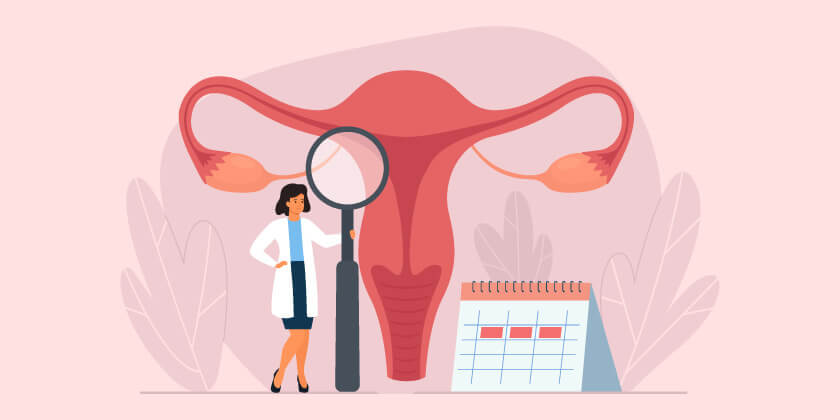Poor menstrual hygiene practices can lead to serious health risks, including infections and social challenges. By promoting education, proper sanitation, and access to medical care, these risks can be mitigated.

Health Risks of Poor Menstrual Hygiene
- Urinary Tract Infections (UTIs): Unsanitary materials or infrequent changing of menstrual products can increase the risk of UTIs.
- Reproductive Tract Infections (RTIs): Poor hygiene can lead to infections in the reproductive tract, causing discomfort and health complications.
- Skin Irritations: The use of non-hygienic materials or improper disposal methods can result in skin irritations and rashes.
- Psychosocial Impacts: Embarrassment, stigma, and reduced participation in daily activities may occur due to poor menstrual hygiene, affecting mental well-being.
Preventive Measures for Healthy Menstrual Hygiene
- Education and Awareness: Conduct educational programs to teach proper menstrual hygiene practices and emphasize the importance of using clean products.
- Improved Sanitation: Ensure access to clean water and sanitation facilities for proper menstrual management and to reduce health risks.
- Access to Medical Care: Provide healthcare services for diagnosing and treating menstrual-related issues, preventing complications.
- Promotion of Safe Practices: Encourage the use of clean menstrual products and proper disposal methods to reduce infection risks.
- Community Support: Create a supportive environment where women can openly discuss menstrual health and seek help when needed.
Conclusion
Addressing the health risks associated with poor menstrual hygiene requires comprehensive education, improved sanitation, and medical care access. By promoting safe practices and creating supportive environments, communities can help reduce these risks and enhance overall well-being.
FAQs
What are the common health risks associated with poor menstrual hygiene?
Common risks include urinary tract infections, reproductive tract infections, skin irritations, and psychosocial impacts such as embarrassment and reduced participation in social activities.
How can education and awareness prevent menstrual hygiene-related health issues?
Educational programs can teach proper practices, emphasize the importance of cleanliness, and reduce stigma, leading to improved menstrual health outcomes.
Why is sanitation important for menstrual hygiene?
Proper sanitation provides clean water and facilities for menstrual management, reducing infection risks and promoting healthy practices.
How can access to medical care help with menstrual-related issues?
Medical care allows for the diagnosis and treatment of menstrual health problems, preventing complications and ensuring timely intervention.
What role does community support play in menstrual hygiene?
Community support creates a positive environment where women can discuss menstrual health openly, seek help, and improve overall hygiene practices.
